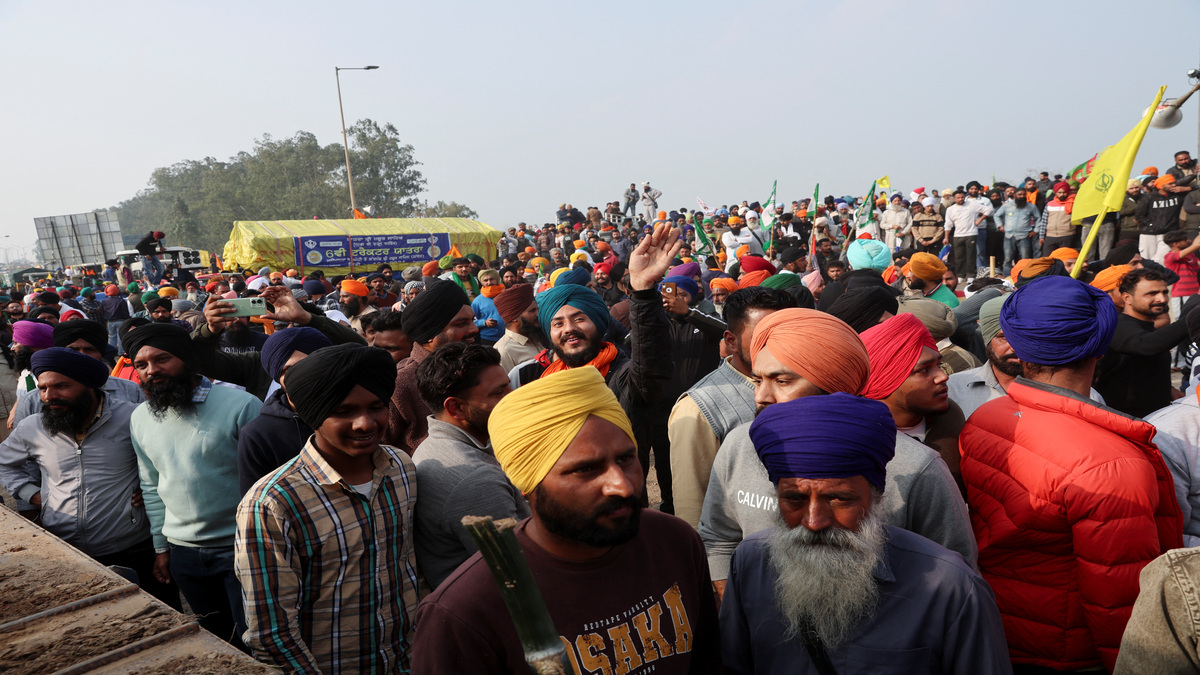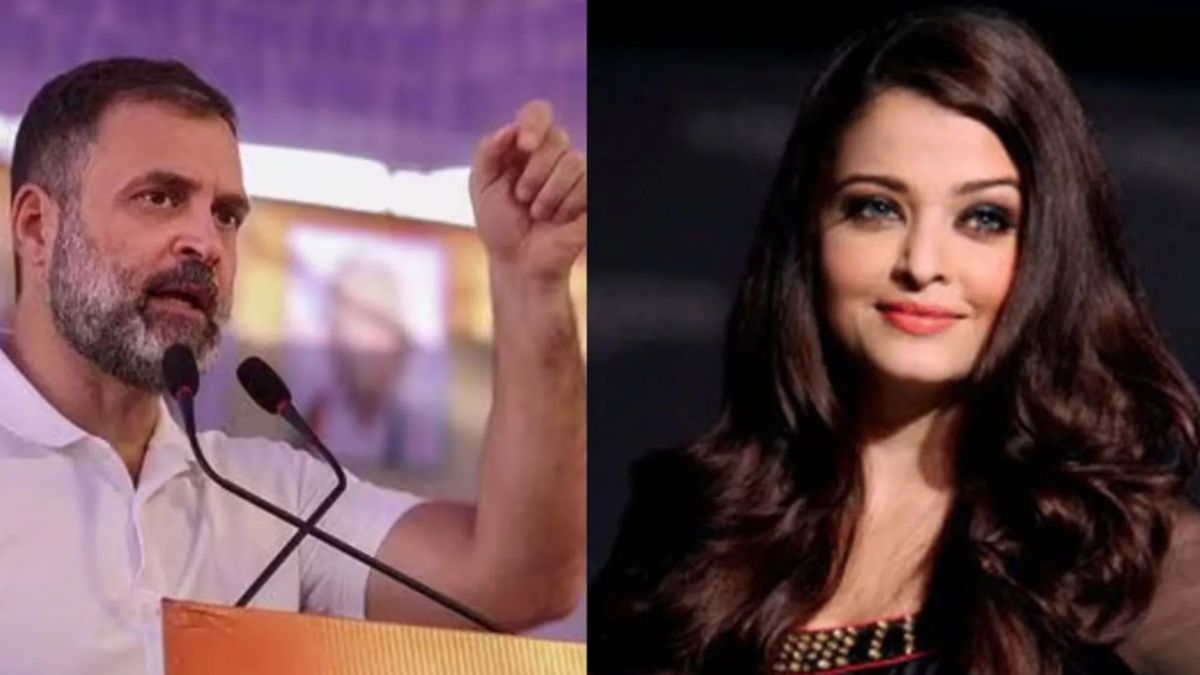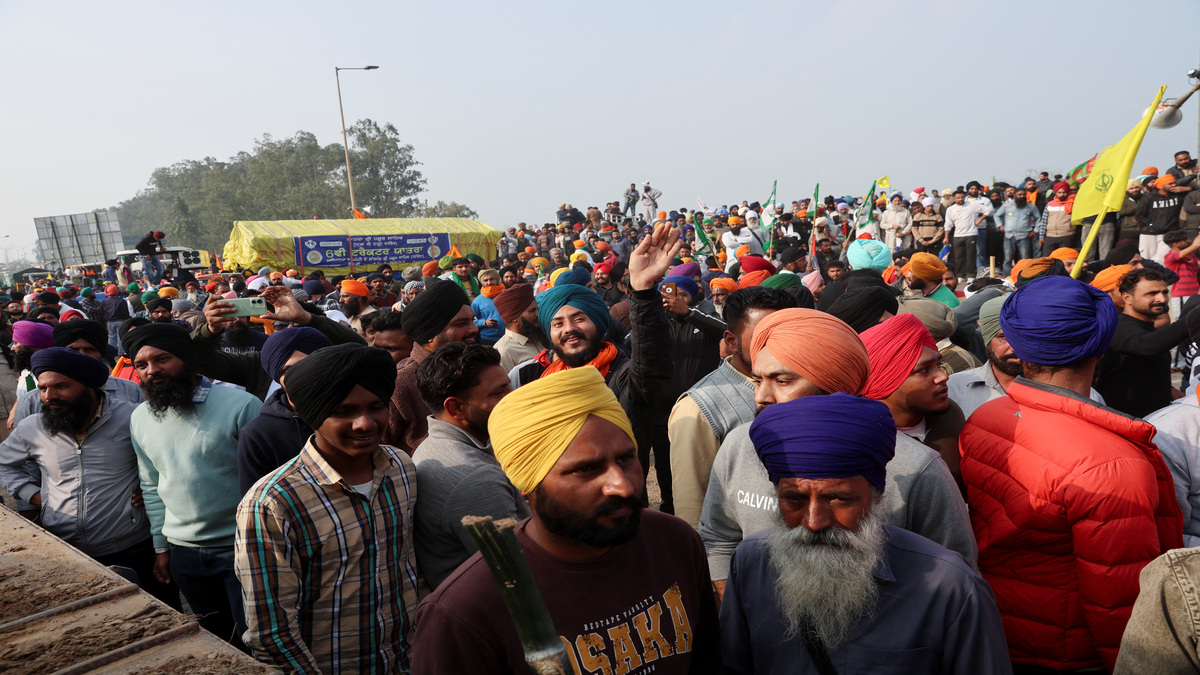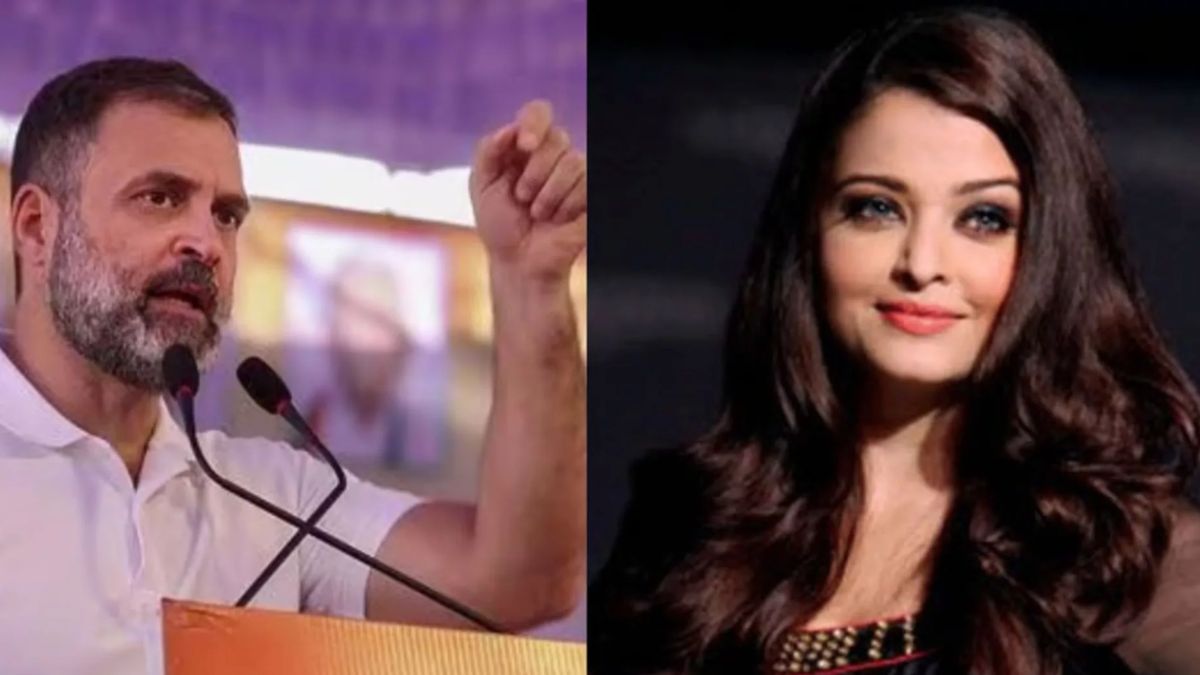If anybody had any doubt that the Congress wants to disrupt parliament rather than debate or legislate anything, the early skirmish in the Rajya Sabha today (21 July) between Arun Jaitley, leader of the house, and Congress politicians, should dispel any such notion.
A reinvigorated Congress has two aims in this parliament session: keep the media focus on BJP scams (Lalit Modi, Vyapam) and prevent the passing of any important reform legislation in order to derail the government’s agenda. While the first aim is politically legitimate, the second aim is not. Hence, disruption is what the Congress will adopt as strategy. This is why it is making impossible demands like the resignation of Sushma Swaraj, Vssundhara Raje and Shivraj Singh Chouhan - something the NDA cannot accept.
This much is evident from the fact that Congress rejected all of Jaitley’s offers: to let Sushma Swaraj make a statement on why she allowed the British government to give travel documents to Lalit Modi, to start a debate immediately after suspending other businesses, or to postpone the debate till Congress was ready for it, etc.
A debate does not suit Congress at all. Disruption is the chosen option because it senses that the ground is slipping beneath its feet.
First, barring the Congress, the JD(U) and the Left, almost no party wants to hold up the goods and services tax bill. Between them, they cannot block the bill.
Second, few regional parties want to make the resignation of Sushma Swaraj a prestige issue. So Congress is isolated on this issue too.
Third, even on the Land Bill, the Congress stand of undiluted opposition to the bill is losing adherents. SP is already breaking ranks, and core support for the Congress line is restricted to itself, the Left, JD(U) and BSP. And possibly Trinamool. The rest may be happy to support a diluted bill or abstain, making it possible for the government to pull it off some time in the winter session. For this session thus disruption will work.
Fourth, going by convention and propriety, parliament cannot discuss matters falling in the state’s domainm While nothing bars parliament from discussing anything, discussing Raje’s links to Lalit Modi or Chouhan’s to Vyapam means opening a Pandora’s box on discussing many other state scams. Mamata Banerjee would not want Saradha discussed in parliament, or SP the scams of Uttar Pradesh. Nor would the Congress itself want to discuss the Goa and Assam bribery scams involving US company Louis Berger.
Fifth, the Congress’ insistence that the PM can order the dismissal of state Chief Ministers is constitutionally invalid and politically untenable. Barring family-driven parties like Congress - where the Gandhi family can orders CMs to resign at will - federated parties like BJP cannot easily act against CMs without risking serious internal revolts. The BJP asked BS Yeddyurappa to quit in Karnataka after corruption allegations were levelled against him, but Yeddyurappa split the party and the BJP lost miserably in the 2013 assembly elections.
The upshot: Disruption suits the Congress best at this stage and that is what it will do. Anything else will expose its weakness and isolate it politically


)




)
)
)
)
)
)
)
)